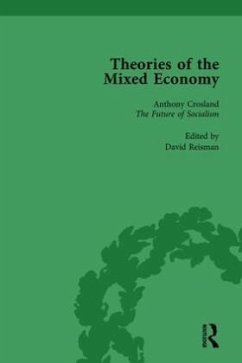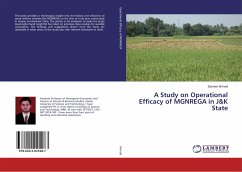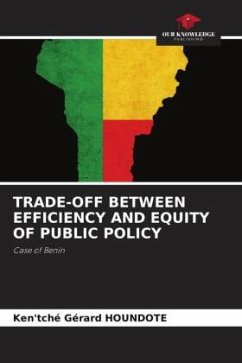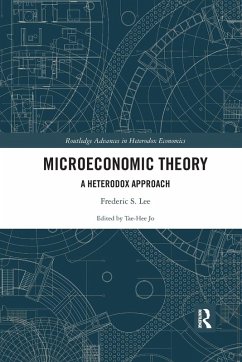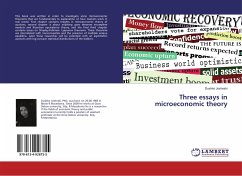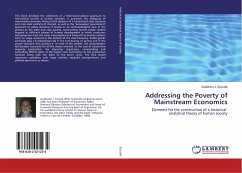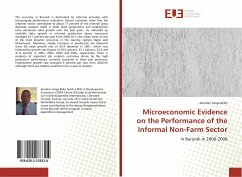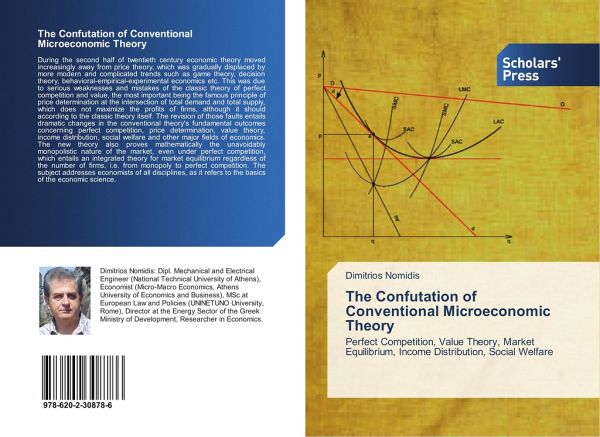
The Confutation of Conventional Microeconomic Theory
Perfect Competition, Value Theory, Market Equilibrium, Income Distribution, Social Welfare
Versandkostenfrei!
Versandfertig in 6-10 Tagen
26,99 €
inkl. MwSt.

PAYBACK Punkte
13 °P sammeln!
During the second half of twentieth century economic theory moved increasingly away from price theory, which was gradually displaced by more modern and complicated trends such as game theory, decision theory, behavioral-empirical-experimental economics etc. This was due to serious weaknesses and mistakes of the classic theory of perfect competition and value, the most important being the famous principle of price determination at the intersection of total demand and total supply, which does not maximize the profits of firms, although it should according to the classic theory itself. The revisi...
During the second half of twentieth century economic theory moved increasingly away from price theory, which was gradually displaced by more modern and complicated trends such as game theory, decision theory, behavioral-empirical-experimental economics etc. This was due to serious weaknesses and mistakes of the classic theory of perfect competition and value, the most important being the famous principle of price determination at the intersection of total demand and total supply, which does not maximize the profits of firms, although it should according to the classic theory itself. The revision of those faults entails dramatic changes in the conventional theory's fundamental outcomes concerning perfect competition, price determination, value theory, income distribution, social welfare and other major fields of economics. The new theory also proves mathematically the unavoidably monopolistic nature of the market, even under perfect competition, which entails an integrated theory for market equilibrium regardless of the number of firms, i.e. from monopoly to perfect competition. The subject addresses economists of all disciplines, as it refers to the basics of the economic science.




